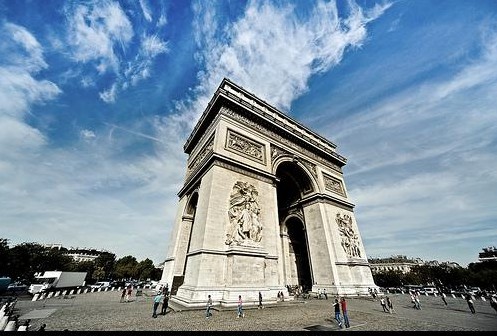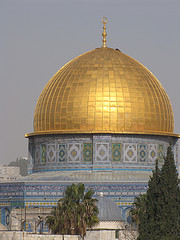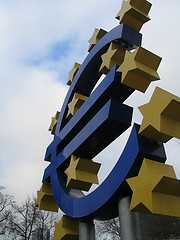
Geopolitics Inside the Tunnels: Israel and the Iran-Hamas duo are benefiting from the tragedy in Gaza
Hamas has been in power in Gaza – and democratically elected – since 2006. Hamas controls what comes in and out of Gaza through tunnels – more than 700 were reported in 2011. Hamas is not only the government, it is the organisation on which Gazans rely for schooling, health, housing and protection. Of course international organisations in Gaza play a large role in providing those services too, but Hamas is the overarching authority. Now that Hamas and other para-military organisations such as the Palestinian Islamic Jihad and Popular Resistance Committees, along with Salafi groups and even the al-Aqsa Martyrs Brigade are firing rockets at Israel intensely again, why are Gazans supporting them?

Crisis on the Left: The problem of liberalism in France is the state’s lack of introspection
The Anglo-Saxon understanding of ‘liberalism’ can be contrasted with the continental European understanding of the term, especially the French one. The liberal tradition in the United Kingdom or the United States refers to ‘social-liberalism’. In France, liberalism is often associated with the Anglo-Saxon conception of ‘economic-liberalism’ involving deregulation and a free market economy, which are, to an extent, alien to French views of the state and the economy. But liberalism is more than free market capitalism; it also relates to the role of the state.

French Presidential Election: Where is the Meat?
When General de Gaulle empowered the President of the 5th Republic with far-reaching executive attributes, he sought to alleviate the head of state from what he called the “grenouillages” of politics. This has worked efficiently. Yet, his intention was certainly not to avoid debate over policy-proposals and between candidates. Unfortunately, this is what is happening in the 2012 French presidential election: it has moulded into a referendum on one individual, the President. For this very reason, it seems the socialists have a very good shot at taking the Elysée. Not because they have a better project – they don’t; not because their candidate is better – he isn’t; but because Sarkozy is unpopular and because there has been little debate between the main candidates – if at all. Nicolas Sarkozy may …

Preventing progress in Palestine: Israel must do more to break the deadlock
In Israel and the Palestinian territories, decades of conflict have not offered ripe soil for mutual understanding and peace on reasonable terms. Endless confrontation has eroded hopes for successful negotiations. Nonetheless, the frequent reference to a ‘status quo’ in the Israeli-Palestinian conflict is mistaken – in my opinion, it’s pure political rhetoric and this conflict is anything but one of attrition. Every day, new settler houses are being built in the West Bank and east Jerusalem – on Palestinian land. Everyday bricks are added to the anti-terrorist fence (or apartheid wall, as some call it), thereby outcasting communities of shared history, as well as hindering commerce and splitting communities (and families) apart. The Israeli government, meanwhile, has authorised the building …

The beginning of the debt crisis: Europe and beyond
Government debt is a burgeoning issue, but the solutions are thus far a damp squib. Despite claims otherwise, the debt crisis is not one that has been solved – not even partially. Recently, European leaders saluted an agreement on settling part of Greece’s outstanding debt– largely by canceling it. Yet, European governments have merely found a way to roll debt over, with debt levels scheduled to increase further, at least until 2016. Interest rates on government bonds should increase correspondingly – hence the rating agencies’ downgrades. Unless we encounter solid growth throughout Europe, we are heading toward further turmoil. Far from attempting to be pessimistic, I solely seek to reflect on the reality of the situation and what it may entail for the future. What leaders haven’t …










